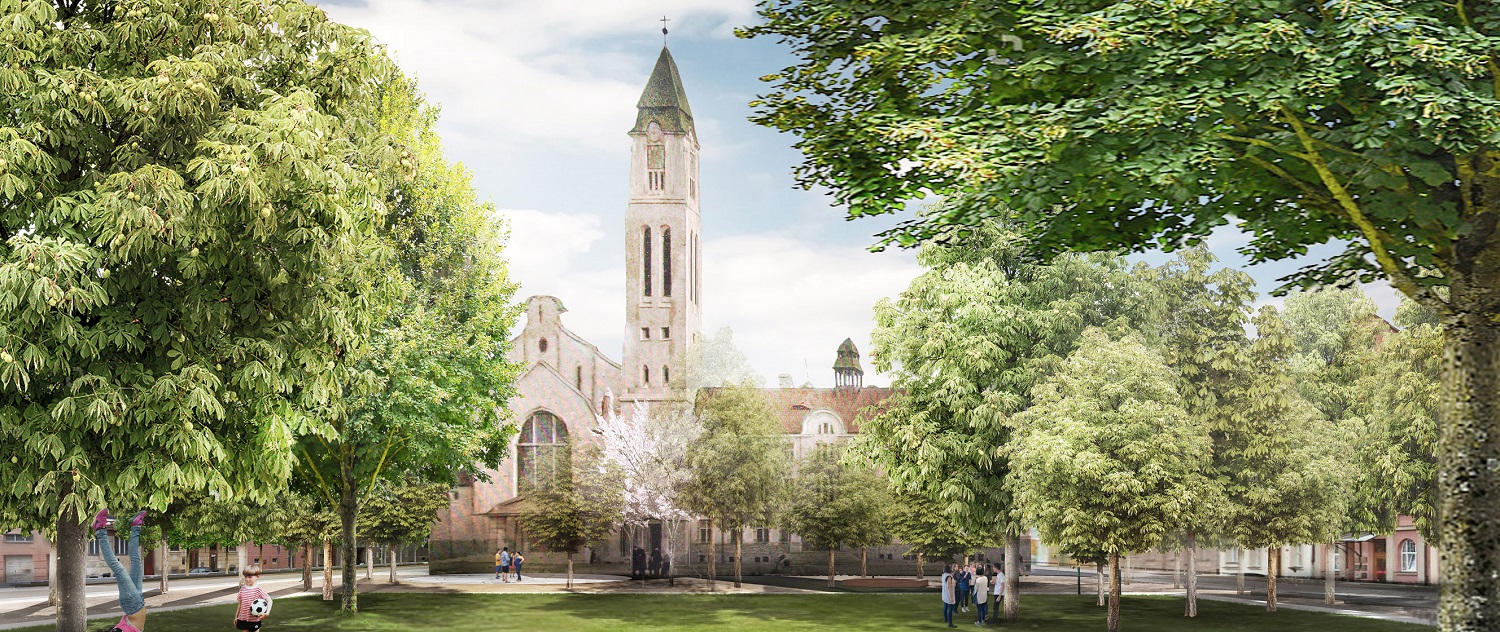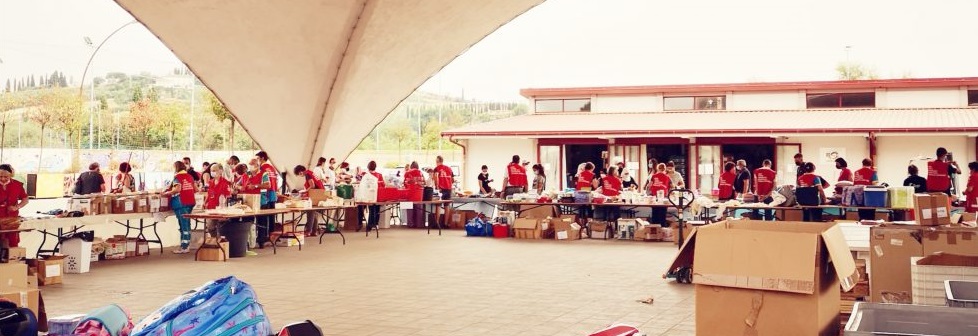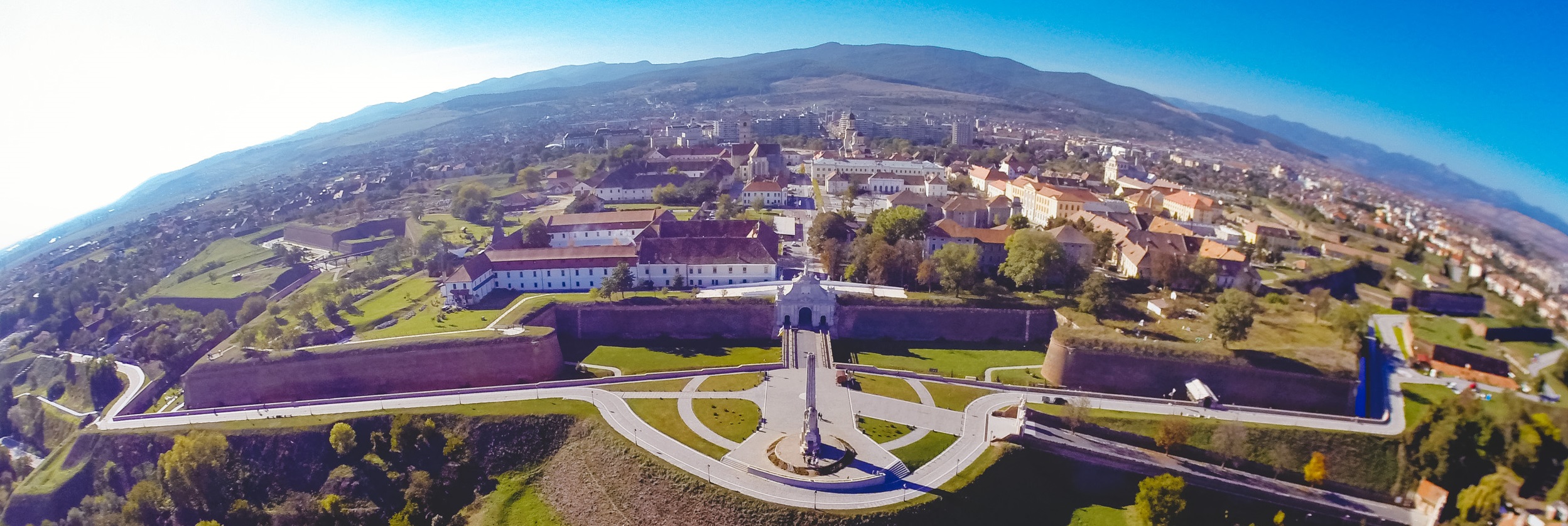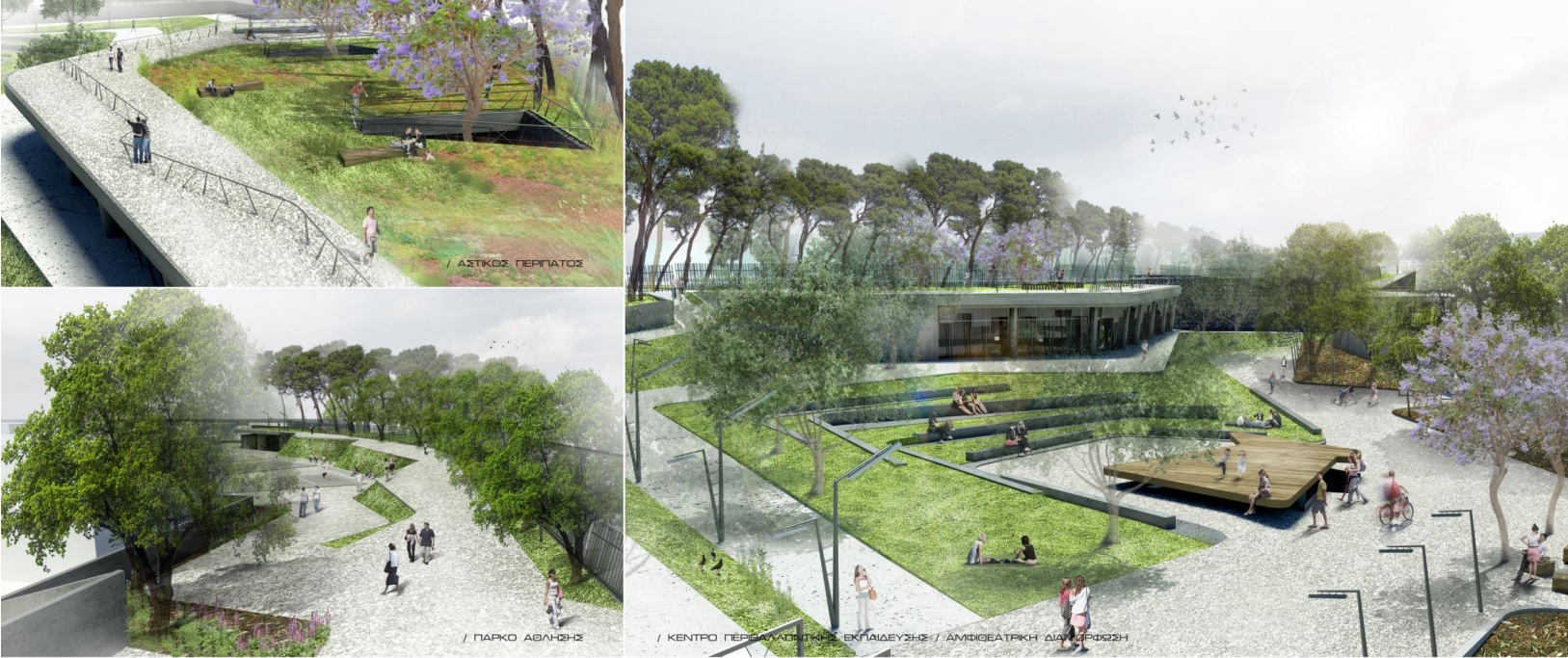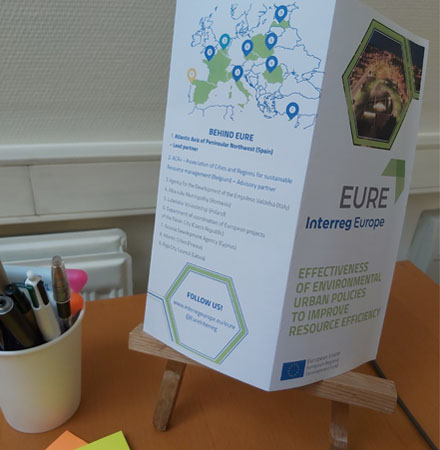The second EURE meeting will take place in Brest, hosted by Atlantic Cities Association (ACA). This transnational European network represents local authorities’ priorities and initiatives (cities, urban agglomerations, provinces…) all along the Atlantic Arc: Ireland, Western United Kingdom, Western France, Northern Spain and Canary Islands, Portugal.
ACA is currently composed by 20 members that gather 355 local authorities and 4.5 million inhabitants so as to “Promote an integrated strategy within Atlantic Arc Cities – towards sustainable urban development in the Atlantic area under a multilevel governance framework”.
This year ACA is celebrating its 20th anniversary as the only network for local authorities within the Atlantic Arc. Furthermore, it is worth to highlight its expert role before EU institutions: European Commission (Structural Funds), European Parliament (URBAN intergroup), Atlantic Area Programme (Monitoring Committee), etc. It also takes part, as a founding member of the C4C platform which brings together Atlantic Cities, Medcities, Adriatic and Ionian Cities, Eixo Atlantico and Iberian Cities. Moreover, ACA produces declarations and policy papers whereas its Secretariat facilitates EU projects and fundraising.
As the main topic, ACA deals with Sustainable Urban Development at local and EU levels.
The urban system
The Atlantic Cities’ urban system is composed by a great diversity of medium-size cities spread all along the Atlantic Arc with rich biodiversity and a common cultural heritage. It is worthy to highlight, there are European peripheral cities but at the same time, they are placed at the door of Europe, counting with many harbours and airports but relatively small in size and with a lack of sound connectivity to the main commercial networks.
In particular, in Brittany (France) the local urban systems are closely interlinked at local level generating a local urban system characterised by the phenomena known as Metroplization based in a polycentric development system. Therefore, the economic development of its main urban centres and the different choices of households' residences highlight a regional urban framework made up of 56 urban areas which cover 83% of the regional surface, against 73% at the national level.
The Policy Instrument targeted
To this regard, the Policy Instrument targeted by Atlantic Cities in the framework of EURE project is the Brittany Operational programme 2014-2020, addressed to improve resources efficiency (biodiversity, energy and ocean) in the framework of the Article 7 of the ERDF dedicated to urban development.
Notably, the Atlantic Cities inputs to the Brittany OP are focused in the Axis 3: Energy transition by the mean of the Integrated Territorial Investments (ITI) of Brest and Rennes and the Interregional Programme of Lorient as well as through the Local Action Plans of Brest: the 4P “Integrated approach towards efficient use of resources and environment protection”, launched in January 2014; Rennes: Plan Climate “towards zero carbon emissions”, launched in April 2019; and Lorient: Agenda 21 “initiative focused on how to bring marine energies to the territory & efficiency energy building“, launched in February 2017.
Discover more about Atlantic Cities Association visiting the website.




